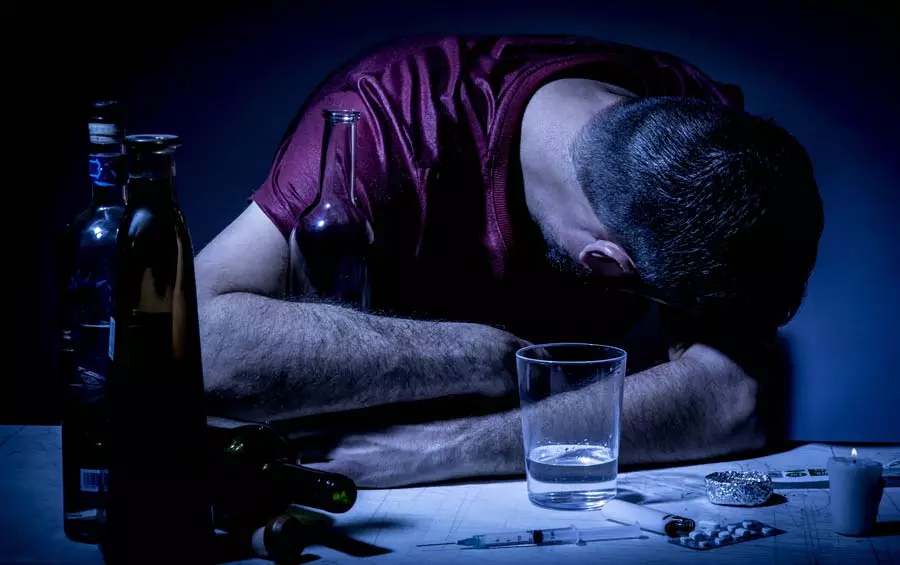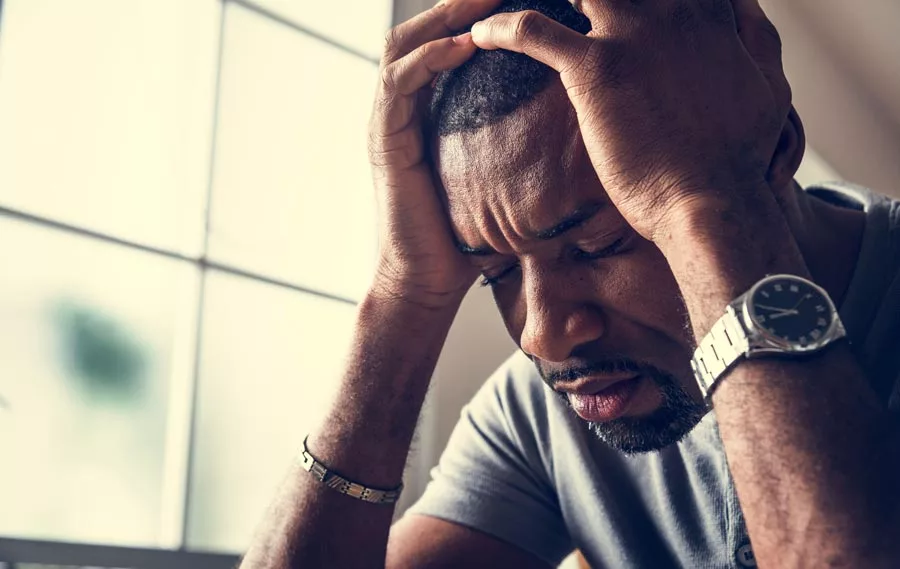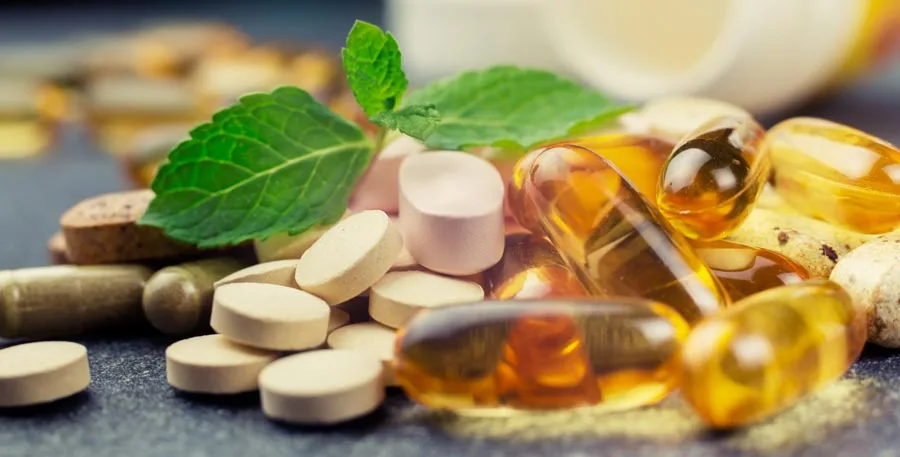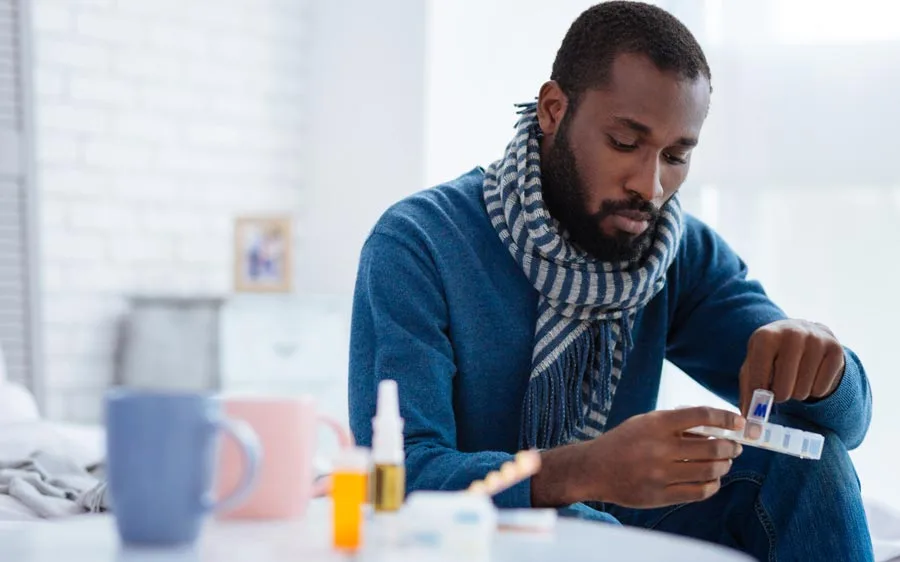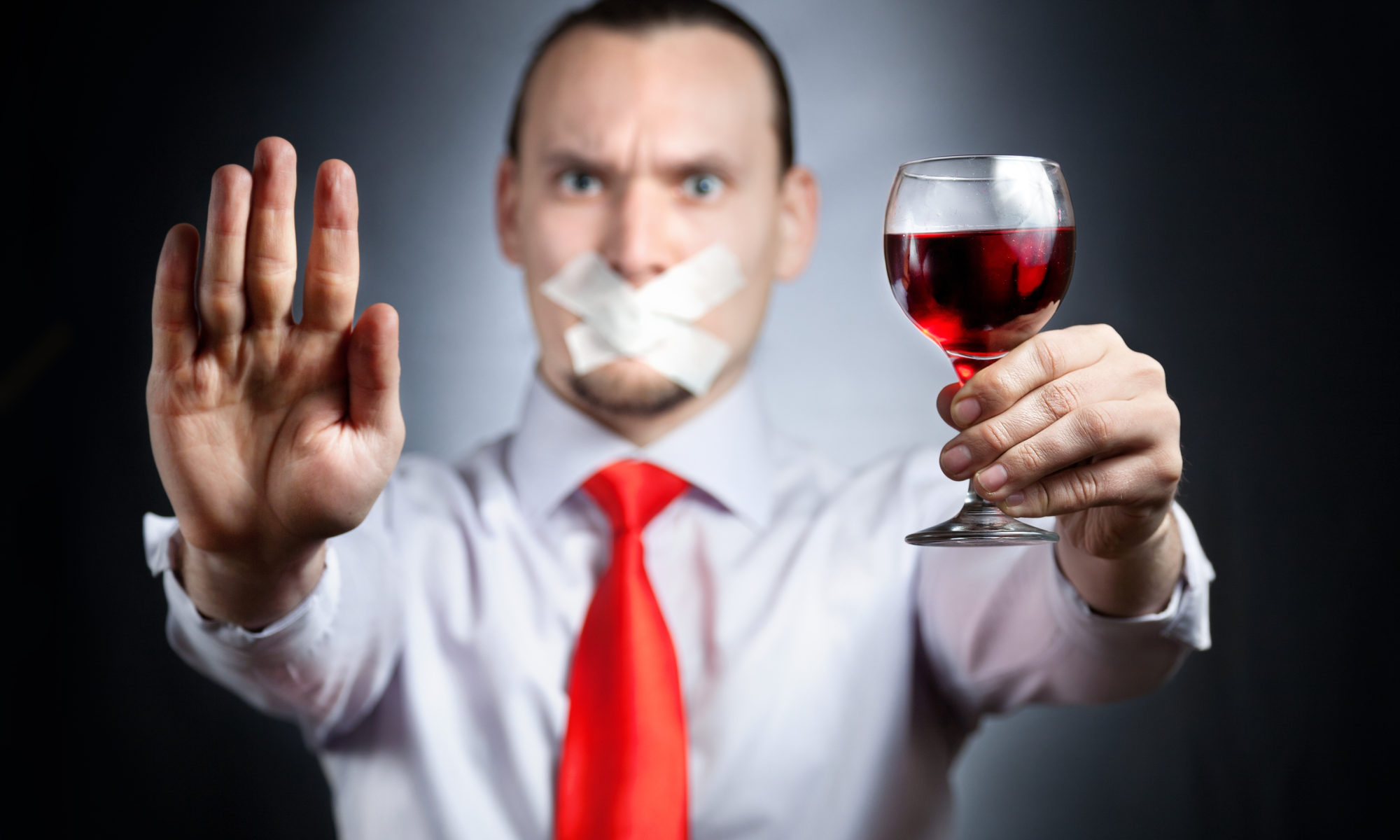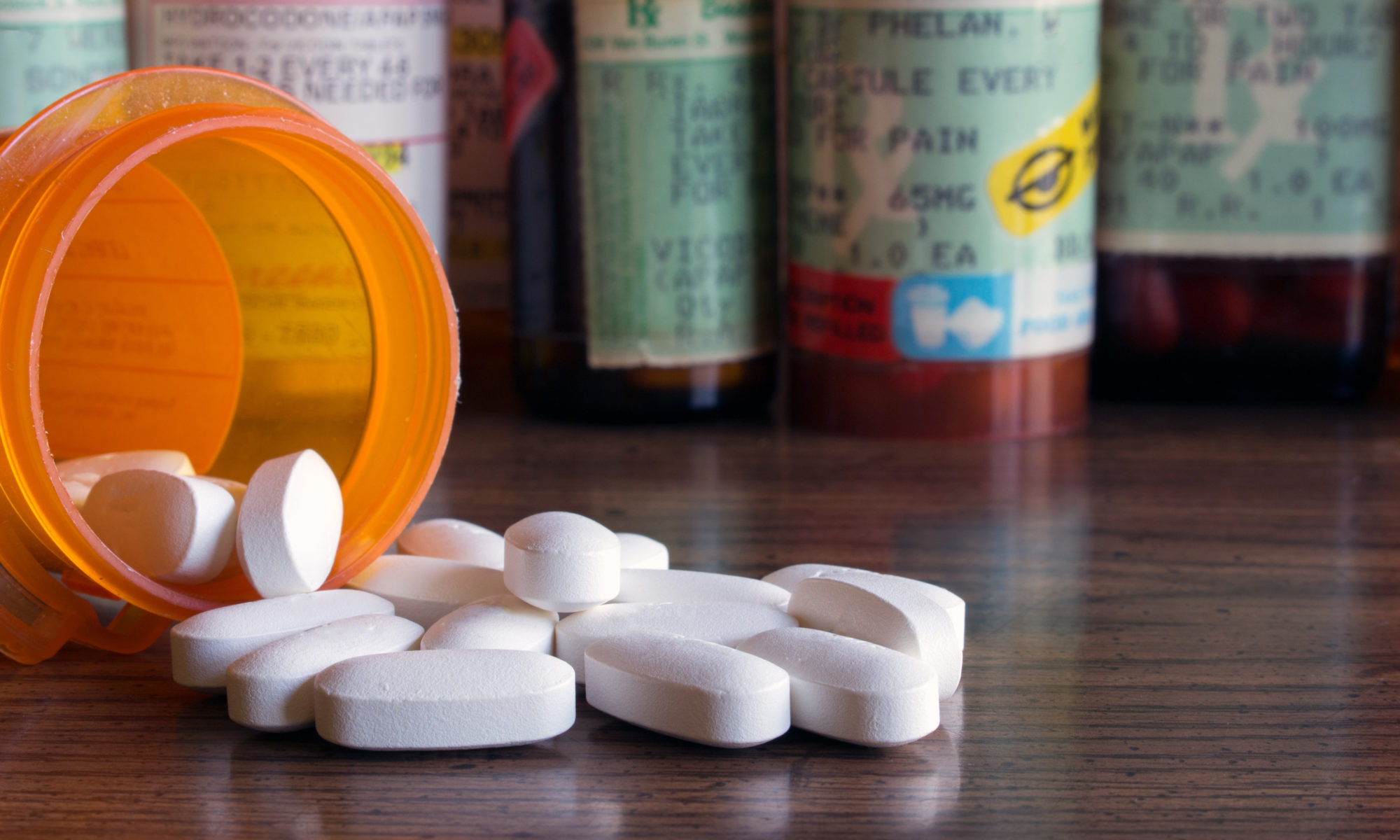The Cycle of Addiction and Relapse
For many individuals who suffer from substance abuse disorder, the rehabs they enter can end up becoming revolving doors. The constant cycle of recovery and relapse cycles over and over in a seemingly never-ending battle for sobriety.
What makes the situation more frustrating is the inability to pin down why the relapse keeps happening. The motivation to recover is present, and the effort is put in each time – it’s difficult to remain in recovery after a few weeks or months after graduation.
This would just be attributed to a lack of discipline or motivation in the past. However, many experts believe it points to an underlying mental health condition or a specific set of symptoms that manifest this behavior.
It’s known as chronic relapse, and it’s actually a very common occurrence in many present-day rehab participants.
What Is Chronic Relapse?
In order to understand chronic relapse, first, consider temporary relapse. Temporary relapse occurs when addicts experience a setback related to their recovery process — losing housing, getting fired from a job, or having an argument with loved ones.
After experiencing a period of stress or difficulty, most people bounce back into their normal routines of substance abuse. They temporarily lose their motivation to stay clean or quit drinking.
However, if the crisis persists, then it becomes a chronic relapse. A person suffering from chronic relapse experiences regular periods of craving, increased tolerance, negative mood swings, compulsive behavior, poor performance at school or work, and/or legal troubles.
Short Term Addiction Treatment and Relapse
Those who successfully complete detoxification and enter residential rehab programs tend to remain sober longer than others. On average, recovering heroin users spend less than six months living in halfway houses before returning home.
Yet many individuals who suffer from chronic relapse will fall off the wagon just a short time after returning home. This could be because the initial time in inpatient treatment wasn’t enough for them.
Once patients leave rehabilitation, they must rely solely upon themselves to deal with triggers and temptations. If adequate education and treatment wasn’t received during their stay in rehab, they’re left unprepared for entering the real world again. If left untreated, chronic relapse can lead to further deterioration.
What is the difference between a chronic relapse treatment center and a traditional rehab facility?
What Is a Chronic Relapse Treatment Center?
For individuals who frequently suffer from challenges associated with relapse, regular rehabilitation facilities that offer the typical 30-day program clearly aren’t enough. The resources available at a normal treatment center and a facility that specializes in this issue can be more accommodating.
By definition, a chronic relapse treatment center is a facility that provides care 24 hours a day in a non-hospital environment. The planned length of stay in these facilities is typically anywhere from six to 12 months.
Chronic relapse treatment centers normally include the following elements as part of their treatment plans:
- Helping clients stay active and healthy through participation in exercise or sports
- Preparing balanced, healthy diets high in whole grains, fruits, vegetables, and minimally processed foods
- Various stress management techniques like yoga or mediation
- They offer substance abuse and mental health resources to break the constant cycle of relapse
Personalized Treatment to Combat Chronic Relapse

There is also a distinct outline for treatment offered to clients in chronic relapse treatment centers. Personalized treatment plans contain elements of each of the following:
- Evidence-based treatment that’s proven to work long-term in an inpatient setting
- Various options for customized care plans that include dual-diagnosis treatment
- Continued support and sober living home options for structured rehab during aftercare
- Continued resources for group recovery meetings during post-care treatment
Facilities that specialize in chronic relapse often include a softer, more accommodating touch that provides more of a home-like environment. Many people consider these facilities as “upscale” or “extravagant.” However, there is just more attention put into the need for the client’s appropriate environment.
Different people require different elements and environments to promote long-term sobriety. Research has shown that individuals who suffer from chronic relapse often require a more intimate, personal environment.
In order to identify the presence of chronic relapse, you must understand the signs and symptoms of this condition.
Signs and Symptoms of Chronic Relapse
There are specific signs and symptoms that identify the presence of chronic relapse. These symptoms include the following:
- They are glamorizing the use of their drug of choice. This may include the individual sharing fond memories of past substance abuse.
- The individual believes they can use again without any negative consequences
- They may become increasingly isolated
- They may stop participating in their 12-step recovery meetings
- They stop pursuing interests that were a part of their recovery plan
- They may begin to doubt how effective their initial treatment plan is/was
Identifying these signs could make it possible to prevent relapse before it happens. Do you know the differences between emotional, mental, and physical relapses?
Emotional, Mental, and Physical Relapse

To understand chronic relapse, you must understand how normal relapse takes place. It doesn’t happen overnight – in fact; it happens in three distinct phases.
Emotional Stage
The emotional stage includes the individual experiencing anger, stress, sadness, depression, or any wide range of intense feelings. Initially, the user may not think about using. However, when these feelings aren’t dealt with and processed in a healthy manner, individuals will progress to the next stage.
Mental/Craving Stage
This is the mental warning sign of an impending relapse. Users may find it difficult to stop thinking about using at this point and continuously play the process of using it repeatedly in their minds.
Physical/Engagement Stage
At this point, the user physically engages and enters relapse. The user put themselves at high risk of addiction once again by continuing to relapse. The urge to use again will be quite intense with each subsequent relapse, and it’s easy to fall back into habitual use.
Now, what about the stages of chronic relapse?
What Are the Stages of Chronic Relapse?
The stages of chronic relapse aren’t dissimilar to normal relapse. However, they take place over an extended period and include several more mental steps and contemplation. Below is an example of the stages of chronic relapse.
Precontemplation
During this stage, individuals aren’t necessarily contemplating using drugs or drinking alcohol. However, thoughts of past use may circle around in their heads. They may dream about using drugs or give too much thought to reliving their past or remembering what drug use felt like.
Contemplation
During this stage, individuals are actively contemplating using drugs. They may go back and forth in their head, arguing with themselves or trying to rationalize why it would be okay to use drugs at this point.
Rationalization
After making the decision to move forward with using, individuals will attempt to rationalize their decision to themselves. They’ll use excuses like, “well, I’ve been sober for a while, so I won’t become addicted again.” Another famous excuse is, “I’m only going to use this one time, and I won’t get high after this.”
Relapse
During this stage, the user actively engages in relapse. They will obtain their drug of choice and proceed to get high. The results after this stage vary but often include the same sentiment among all users.
Remorse
The remorse stage includes the individual expressing guilt about using. This will include a period of depression and withdrawal from society, family, and friends. It’s often these feelings of guilt and negative emotions that trigger subsequent use. Individuals are unable to properly handle or process these emotions, so they turn to further drug use to avoid dealing with them.
After this stage, uses go one of two ways. They either choose to seek help immediately or fall back into regular use.
Regardless, once the user comes back to terms with the fact that they need more help, they enter the acceptance phase and must go through the detox, withdrawal, and treatment process all over again.
Individuals who suffer from chronic relapse end up wasting large chunks of their lives on this condition. Each time they cycle through relapse, treatment, recovery, and back into relapse, you’re looking at anywhere from six to nine months of hard work and progress erased each time.
Why Do People Relapse Frequently?
Most people think relapse involves going right back to exactly the same way of thinking, and doing that got them hooked in the first place. But research tells us otherwise.
Even though a person may engage in harmful activities, he or she won’t develop true addiction unless certain personality traits come into play. Addiction researchers used to refer to these characteristics as vulnerability factors but now call them risk markers.
Risk markers occur early in development and indicate susceptibility to developing addictive tendencies later in life. People whose genetic makeup includes specific variations in dopamine genes, for instance, are believed to be predisposed to alcoholism and substance abuse issues. Researchers have identified dozens of similar risk markers.
Risk markers vary from individual to individual, but the following are typical warning signs that someone could develop issues with chronic relapse:
- Lack of strong bonds with parents
- Unstable childhood
- Low self-esteem
- Poorly developed conscience
- History of trauma or neglect
- Psychological instability
- Impulsivity
- Hanging out with the wrong groups of people
- Lack of education regarding triggers and relapse, or substance abuse in general.
Some experts suggest that anyone exhibiting four or more of these qualities identify the chance for chronic relapse.
Who Benefits from Chronic Relapse Treatment Plans?

Although chronic relapse can happen to anyone, certain segments of society exist that may have a higher risk of developing this condition. Individuals with any of the following situations benefit the most from relapse treatment plans:
- Anyone with stressful events going on in their lives (health problems, unemployment, rocky relationships, etc.)
- Underlying mental health conditions
- Any victims of childhood sexual, mental, or physical abuse
- Genetic history of substance abuse or alcoholism
- A lower amount of dopamine receptors compared to the average number
- Anyone who displays the traits of having an impulsive or addictive personality
- You have fewer dopamine receptors compared to the general population
When individuals aren’t educated on any of the issues listed above, their chances of chronic relapse increase significantly. It’s important to seek treatment and craft a chronic relapse prevention plan.
Crafting a Chronic Relapse Prevention Plan
When people relapse chronically, it’s harder to pull themselves out of the cycle of unhealthy choices. Finding effective ways to cope with stressful circumstances helps reduce the likelihood of falling back into old habits. To break a pattern of relapse, clients must implement the following strategies into their relapse prevention plan:
Identify Triggers
Identifying triggers can help pinpoint moments when urges arise. Triggers can range from environmental stimuli to emotional states. Common triggers include boredom, anxiety, depression, loneliness, anger, frustration, and impatience. Learning to manage these triggers effectively can significantly decrease the chances of relapse.
Learn Skills That Promote Mindfulness
Mindfulness refers to the ability to focus attention internally instead of dwelling on external distractions. Practicing meditation and breathing exercises can increase awareness and lower stress levels.
Set Goals
Setting realistic goals that coincide with your values can boost self-confidence and motivate you to stick to your plans. Create actionable steps toward achieving your objectives and write your own success story!
Hold Yourself Accountable
Admit when you made a mistake and act immediately to correct it. Don’t blame others, and don’t dwell on regret. Take accountability for your actions.
Long Term Treatment and Long-Term Recovery
Long-term treatment leads to long-term recovery. Individuals who suffer from chronic relapse commonly need much longer stays at the inpatient facility of their choice.
The more education and counseling a client receives, especially in the right environment, the chances of avoiding relapse during the long-term increase significantly.
Lasting Recovery with a Chronic Relapse Treatment Center
At Best Rehabs In Arizonas, we’ve helped many clients achieve recovery from chronic relapse challenges. Our state-of-the-art facilities are comfortable and conducive to long-term comfort, which clients need for long-term residence for chronic relapse.
To find out about our specialized treatment plans for chronic relapse, contact a member of our admissions team today!

